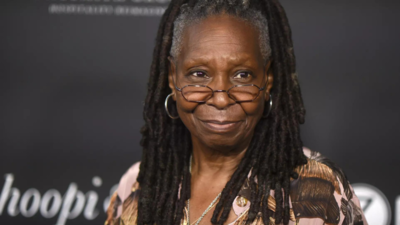Scores of people staged a small protest in Azad Jammu and Kashmir (AJK) on Tuesday, an AFP journalist said, as Hindu nationalist Prime Minister Narendra Modi claimed election victory in India.
The protesters criticised the crackdown in recent years by Modi’s government in Indian-occupied Kashmir (IoK).
Born out of the partition of British-ruled India in 1947, Pakistan and India have fought two wars over mountainous Kashmir.
Uzair Ahmad Ghazali, the head of a Kashmiri refugee organisation, told crowds at a rally in Muzaffarabad that Modi’s re-election would bring “more oppression and more restrictions for Kashmiri Muslims”.
“There is a threat to the peace in the region due to the fanaticism of Modi,” Kashmiri lawyer Majid Awan said.
In 2019, Modi revoked the limited autonomy of IoK — a move widely celebrated across India but which led Pakistan to suspend bilateral trade and downgrade diplomatic ties with New Delhi.
The arch-rivals regularly trade accusations of espionage and of stoking militancy in each other’s territory.
Prime Minister Shehbaz Sharif has previously hinted at wanting to improve ties with India.
But analysts say Pakistan, a sixth of the size of India, has few levers to pull.
“Pakistan is trying to project itself as a normal country after the war on terror and good relations with India would help its image and its economy,” Qamar Cheema, political analyst and director at the Sanober Institute think tank in Islamabad, said.
“But Modi doesn’t want to engage with Pakistan, it’s not important to him. There’s also a probability he would start a dialogue and then backtrack when it suits him, as he has done before.”
Modi claimed election victory on Tuesday, but his Bharatiya Janata Party failed to clinch an overall parliamentary majority and will need support from alliance partners, results from India’s election commission showed.
“Perhaps a diminished majority will convince Modi that India and Pakistan are neighbours and they cannot afford to avoid talking forever,” Husain Haqqani, a senior fellow at the Hudson Institute in Washington and a former ambassador, said.









